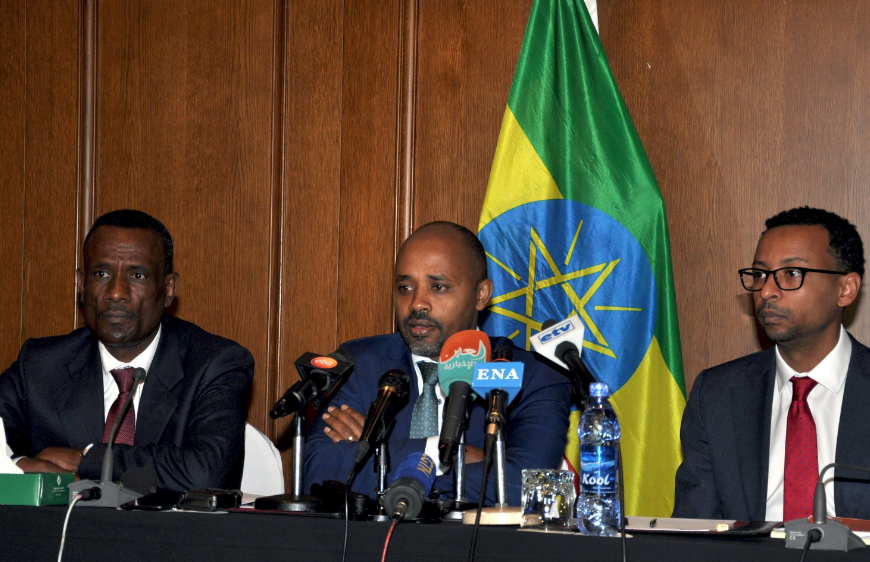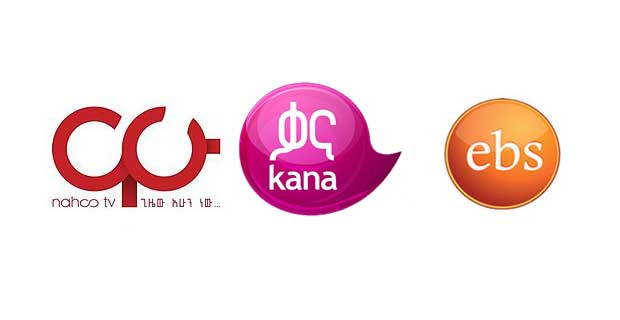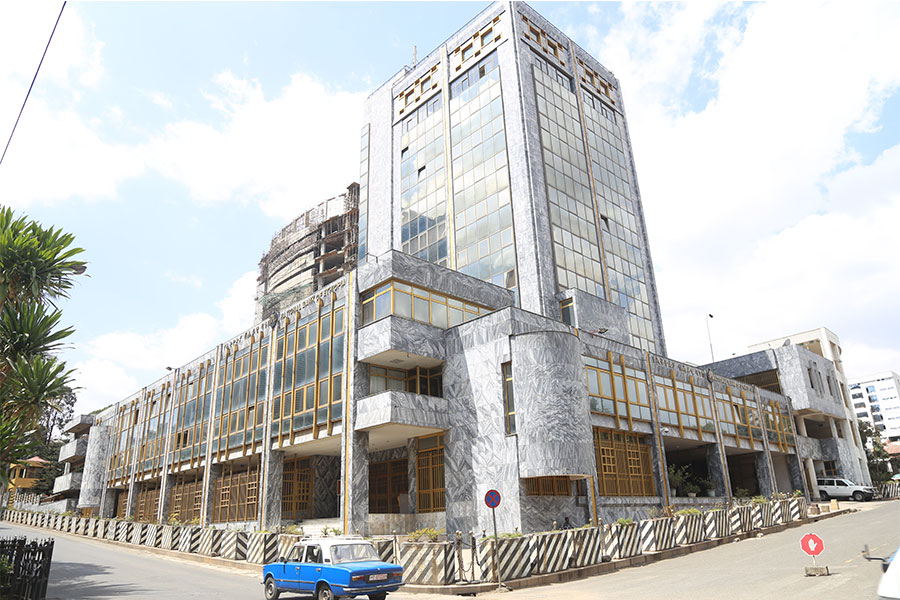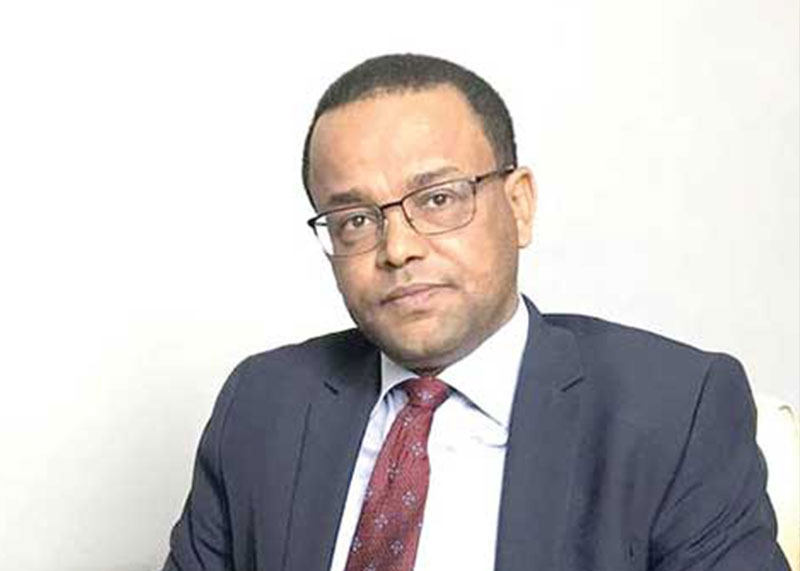
Radar | Jul 08,2023
Jun 25 , 2022
By Kidist Yidnekachew
Some live in a distant universe where they are oblivious to norms. There are unspoken rules. For instance, if two friends dine together, unless one of them insists on paying, they usually split the bill. Many times, one friend suggests they treat the others. It is different with close friends because whoever has the money automatically pays and might not ask the others to chip in on the bill.
A friend of mine recently experienced an incident. She met a woman for work purposes and the lady suggested they eat lunch afterwards. My friend agreed, so they ended up going to a restaurant. The lady, not being from around there, did not know the price range. I do not know if they failed to check the price of the foods before they ordered or if they ignored to discuss prices, but when the bill came they were both surprised.
The lady kept looking at my friend to pick up the bill even though she was the one who asked to have lunch in the first place. My friend said the bill was a bit expensive to be covered by one person alone, so asked to split it.
“But I don’t have money on me. I thought this was your treat,” the lady replied.
“I don’t know where she got the idea of a treat when it was her who insisted we should have lunch,” my friend later told me. “Why would you ask someone to have lunch with you when you don’t have the money to pay for it? The person you asked could get the wrong idea that you would be treating them, not the other way around.”
To put things in perspective, that was the first time my friend and the lady met in person. Before then, they talked on the phone a few times and had brief interactions. Somehow the lady had the audacity to ask my friend to pay close to 1,000 Br by herself?
“This is not to mention that the lady ate most of the food,” my friend added, annoyed.
Let us assume somehow the lady did not have money on her but is she not supposed to mention that before they order or even head to a restaurant?
It is not every day we walk around carrying wads of cash in our pockets. Sometimes we carry around only enough for taxi fares and leave the rest at home so we will not spend all of it or we grab our ATM cards instead. We also cannot fully rely on ATM machines, thanks to power outages, among other reasons. Not having electricity is becoming a widespread phenomenon, especially around where I live.
For a person who does not carry cash or even does not have that kind of money to spend on a single meal, running short on money and not being able to pay would have been embarrassing. Perhaps worse is spending money without a plan just because someone else made a bad judgment. The lady in my friend’s case assumed she was rolling in cash and was a walking ATM. In the lady’s defence, most people presume that my friend is well off.
Luckily, my friend had some money she kept aside for another purpose, so she ended up paying and getting more money at the nearest ATM.
“I'm sorry, I didn’t think it would be that expensive. Let me pay you back,” the lady said after all of the damage she had done.
I am not too fond of people who say stuff like that when they could have avoided the mess in the first place. They say it mostly because they know we will not agree to their request. They can tell the rest of us are not as shameless as they have chosen to be in that encounter.
My friend learned a lesson that day – always pay attention to prices on the menu and agree on a payment arrangement beforehand. People change their minds so often that we have to ask them multiple times to be sure. Usually, when we know we do not have the money, we exclude ourselves from such events unless those who asked us in the first place were someone who is close. We do not do that to an acquaintance, especially in a time of inflation.
PUBLISHED ON
Jun 25,2022 [ VOL
23 , NO
1156]


Radar | Jul 08,2023

Fortune News | Nov 30,2019

Fortune News | May 02,2020

View From Arada | Oct 16,2021

Fortune News | Jul 27,2019

Radar | Jun 12,2023

Fortune News | Mar 26,2022

Fortune News | Nov 30,2019

Radar | Jun 12,2021

Fortune News | Jun 01,2019

Photo Gallery | 174118 Views | May 06,2019

Photo Gallery | 164340 Views | Apr 26,2019

Photo Gallery | 154464 Views | Oct 06,2021

My Opinion | 136629 Views | Aug 14,2021
Editorial | Oct 11,2025

Dec 22 , 2024 . By TIZITA SHEWAFERAW
Charged with transforming colossal state-owned enterprises into modern and competitiv...

Aug 18 , 2024 . By AKSAH ITALO
Although predictable Yonas Zerihun's job in the ride-hailing service is not immune to...

Jul 28 , 2024 . By TIZITA SHEWAFERAW
Unhabitual, perhaps too many, Samuel Gebreyohannes, 38, used to occasionally enjoy a couple of beers at breakfast. However, he recently swit...

Jul 13 , 2024 . By AKSAH ITALO
Investors who rely on tractors, trucks, and field vehicles for commuting, transporting commodities, and f...

Oct 11 , 2025
Ladislas Farago, a roving Associated Press (AP) correspondent, arrived in Ethiopia in...

Oct 4 , 2025
Eyob Tekalegn (PhD) had been in the Governor's chair for only weeks when, on Septembe...

Sep 27 , 2025
Four years into an experiment with “shock therapy” in education, the national moo...

Sep 20 , 2025
Getachew Reda's return to the national stage was always going to stir attention. Once...

Oct 12 , 2025
Tomato prices in Addis Abeba have surged to unprecedented levels, with retail stands charging between 85 Br and 140 Br a kilo, nearly triple...

Oct 12 , 2025 . By BEZAWIT HULUAGER
A sweeping change in the vehicle licensing system has tilted the scales in favour of electric vehicle (EV...

Oct 12 , 2025 . By NAHOM AYELE
A simmering dispute between the legal profession and the federal government is nearing a breaking point,...

Oct 12 , 2025 . By NAHOM AYELE
A violent storm that ripped through the flower belt of Bishoftu (Debreziet), 45Km east of the capital, in...